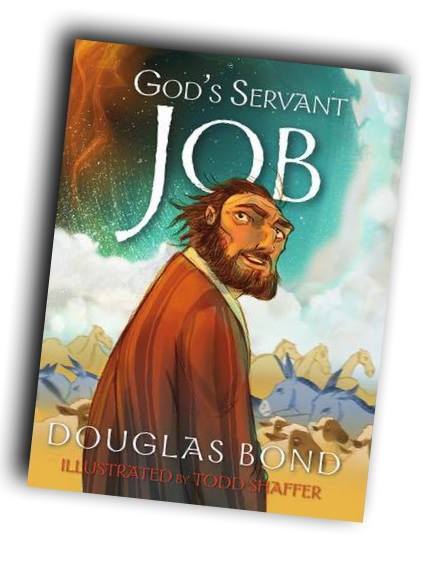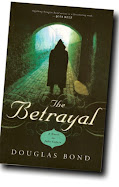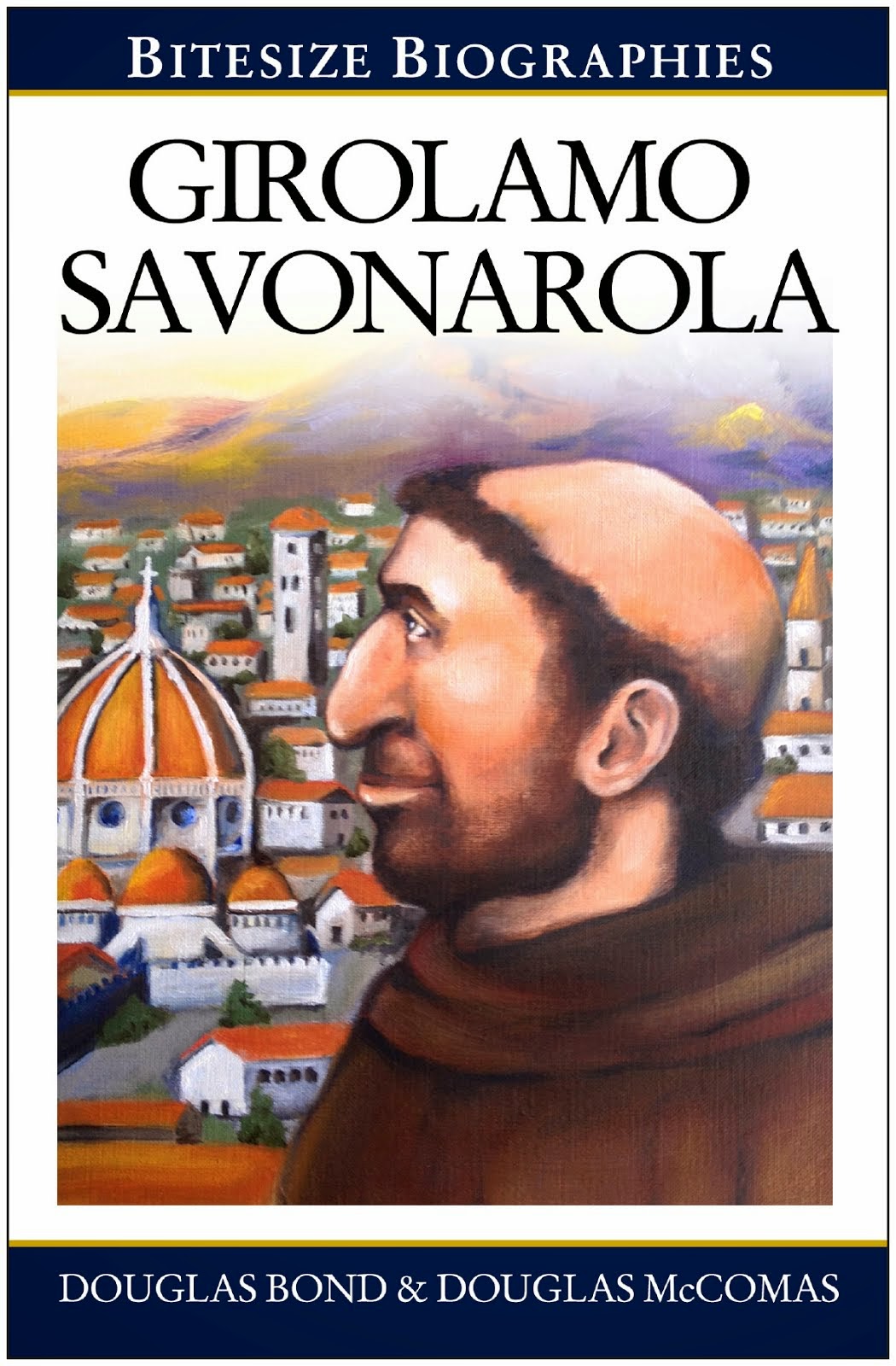 May 6-8, 2009, Bond was a chaperon (and bus driver) on the Covenant High School Art Field Trip to Cannon Beach, Oregon. Setting off from Tacoma Wednesday morning, we found the weather to be particularly nasty, rain descending in torrents, and gusts pummeling the side of the bus. (at left, CHS students and the 99-year-old Pacific County Courthouse in Southbend, Washington)
May 6-8, 2009, Bond was a chaperon (and bus driver) on the Covenant High School Art Field Trip to Cannon Beach, Oregon. Setting off from Tacoma Wednesday morning, we found the weather to be particularly nasty, rain descending in torrents, and gusts pummeling the side of the bus. (at left, CHS students and the 99-year-old Pacific County Courthouse in Southbend, Washington)Though theologically about as far from the Westminster Confession of Faith, the biblical standards informing CHS's raison d'etre, Seaside United Methodist Church for the third time generously and graciously hosted our students in their building only 2 or 3 blocks from the sand and surf of the Pacific Ocean. The evening ended in a blustery flurry of rainfall at the beach, then back to the church for devotions.
Thursday morning dawned much more promising. I had the responsibility of morning devotions on the tour and began with a reading from chapter 11 of arguably my favorite of the Chronicles of Narnia, The Horse and His Boy, by CS Lewis. It is the marvelous passage where Shasta has a conversation with Aslan, though he is at first clueless that it is Aslan with whom he is speaking. Shasta was sure that there were several lions, and that he'd had bad luck all around on his efforts at escaping Tashbaan and fleeing to Narnia. "There was only one lion," Aslan said, and then he explains the many and varied ways he guided and governed all of Shasta's steps thus far. After which Shasta in wonder inquired, "Who are you?" The lion replied, "Myself," three times over. "Shasta was no longer afraid... but a new and different sort of trembling came over him. Yet he felt glad too." When at last his eyes were open and he could see the great lion pacing at his side, he was sure that "no one had ever seen anything more terrible or beautiful." I then took the students to Isaiah 43:1-7 where Lewis may have gathered some of his biblical material for this episode. "Fear not, for I have redeemed you; I have called you by name, you are mine... Because you are precious in my eyes, and honored, and I love you..." One of my favorite passages on the sovereignty of God precisely and lovingly superintending each of the myriad of details that make up any one's life--that make up my life. He is the redeeming God who "bring[s] my sons from afar and my daughters from the ends of the earth."
 That day was gorgeous, sunshine, blue skies, crisp sea breezes, with kite flying, beach biking--and the ultimate sand sculpture contest, teachers and chaperones participating. We brainstormed over dinner and lunch that day, planning out a bas relief of Sola Scriptura in sand. Not the most fitting medium for the subject matter, but then sand is sort of obligatory with sand sculpting, isn't it? Here's a picture of the end product. Judging was a bit dicey. We were dependent on the whims of passers-by, most of whom preferred our creation, but felt sorry for the students and voted only for the four student categories. Fair enough.
That day was gorgeous, sunshine, blue skies, crisp sea breezes, with kite flying, beach biking--and the ultimate sand sculpture contest, teachers and chaperones participating. We brainstormed over dinner and lunch that day, planning out a bas relief of Sola Scriptura in sand. Not the most fitting medium for the subject matter, but then sand is sort of obligatory with sand sculpting, isn't it? Here's a picture of the end product. Judging was a bit dicey. We were dependent on the whims of passers-by, most of whom preferred our creation, but felt sorry for the students and voted only for the four student categories. Fair enough.After skim-boarding, seagull baiting, and pizza and s'mores around a blazing beach fire (not to be confused with a Bond fire), we sang "Let all things now living a song of thanksgiving," and other favorite hymns accompanied by the ever-talented Ralph McLin on his mandolin.
Next morning I read from Psalm 27:1-4, God is our light, salvation, and stronghold, focusing in particularly on an art field trip on verse 4, the Psalmists longing to dwell in the house of the Lord all the days of his life and to spend those days gazing on the beauty of the Lord and inquiring in his temple (see HOLD FAST, chapter 11, Death of Art). We will have far fewer questions about what is beautiful in art if we are spending our days gazing on the beauty of the Lord.

Thinking of Lewis, reminds me of other observations I've had about how much better theologian Lewis is when writing Narnia than some of his more overtly intentional apologetic works. This from STAND FAST, chapter 27:
We call or he calls?
Though C. S. Lewis was an extraordinary Christian apologist, there were some holes, shall we say, in his theology. One of these reoccurs in the form of philosophical arguments favoring freedom of the will over against divine sovereignty. Put simply, Lewis was probably more of an Arminian than he was a Calvinist.
Nevertheless, writers are sometimes at their best when writing poetry or imaginative fiction, so in the Narnia books Lewis wonderfully illustrates the sovereignty of grace and the effectual calling of God’s Spirit. In The Silver Chair when Aslan tells Jill that he called her out of her world, Jill disagrees. “Nobody called me and Scrubb, you know. It was we who asked to come here. Scrubb said we were to call… And we did, and then we found the door open.” Jill, like most, mistakenly thought her calling was what opened the door. Lewis’s Lion wisely replied, “You would not have called to me unless I had been calling to you.”
Similarly, in The Magician’s Nephew, Lewis has Aslan utter “a long single note; not very loud, but full of power. Polly’s heart jumped in her body when she heard it. She felt sure that it was a call, and that anyone who heard that call would want to obey it and (what’s more) would be able to obey it, however many worlds and ages lay between.”
As it did Jill, the power of this call ought to fill us with the deepest wonder at the grace of our God, who alone elects, redeems, calls, and keeps all his sheep so that not one of them is lost...
























No comments:
Post a Comment